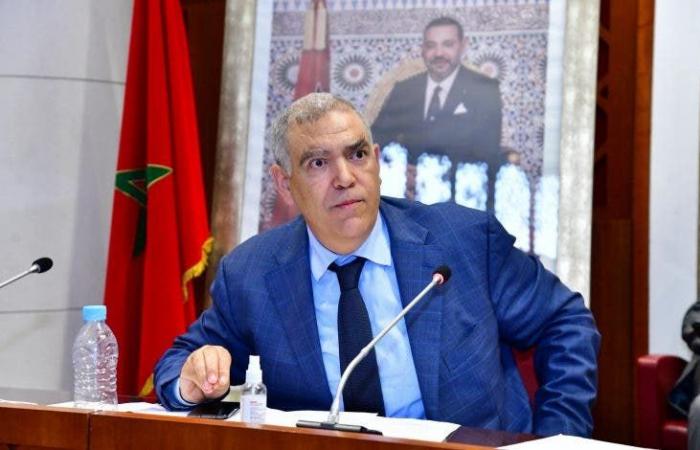Heba Press – Abdel Latif Baraka
Citizens' complaints are constantly being raised in a number of urban or rural areas in Morocco, especially in areas where there is intense demand for administrative documents, about the absence of control from their offices in the leadership headquarters.
This phenomenon is considered a source of frustration for many who find themselves forced to wait long hours without being able to meet a representative of the local authority, which hinders them from carrying out their administrative tasks.
Informed sources confirm to Heba Press that this almost permanent absence of some men in authority causes files to pile up on their desks, while the leader remains far from performing his duties. Many citizens are surprised by the absence of these officials, who are supposed to serve citizens, according to the new concept of authority, which promotes listening to local problems and working to solve them effectively and away from any kind of arrogance or tyranny.
While some leaders are content to stay away from their daily tasks, they continue to manage the affairs of their territorial influence remotely, via telephone and directing their instructions to the agents of authority or successors to the leadership. This situation raises many questions about the role of these officials in serving citizens and the extent of their commitment to their duties.
Although the Ministry of the Interior provides them with functional housing and sets strict laws regulating their time, including not leaving their territorial influence except with special permission, some leaders insist on continuing their constant absences. It is also noted that they do not hesitate to use the agency’s vehicles on unjustified trips, so that they can exhaust their quotas of fuel allocated to them by the Ministry of Interior. In some cases, these officials seek the help of collective councils to obtain additional quantities of fuel under unclear justifications, which raises more From the controversy over the exploitation of public resources.
This phenomenon constitutes a weakness in local administration and affects citizens' confidence in administrations. Instead of men of authority being in the field to serve citizens and provide solutions to their daily problems, they often seem immersed in managing their personal affairs away from their official duties. Questions remain about how to address this phenomenon, which is not limited to specific regions, but rather is a comprehensive problem that affects many provinces in different parts of Morocco.
At a time when there is increasing talk about the necessity of reforming local administration and enhancing citizen service, the most important question remains: Can local officials change their practices and take greater responsibility in light of the social and economic transformations that Morocco is experiencing today.
The same situation is also experienced by citizens with elected officials and officials in public administrations, and the situation continues to include the private sector, when the citizen is forced to wait for an hour or more for the return of an employee in a banking agency who left to eat lunch.






